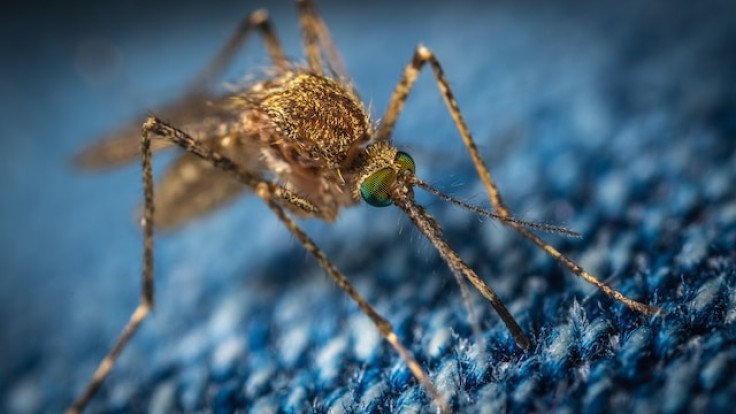
In an unsettling development, Maryland health officials announced on Friday, Aug. 18, 2023, the state's first case of "locally acquired" malaria in 40 years. This incident has ignited public health concerns as it follows a series of similar cases recorded in the United States since May, specifically in Florida and Texas.
The patient, whose identity is being kept confidential for privacy reasons, had not traveled outside the United States recently, the Maryland Health Department revealed in an official statement. The individual experienced symptoms like fever and sweating before being admitted to a hospital, where they are currently recovering.
Officials Take the Case Seriously
Dr. David Blythe, Director of the Maryland Health Department's Infectious Disease Division, disclosed that the patient resides in the Washington, D.C., area. "The individual experienced symptoms that are consistent with malaria and did the right thing by seeking medical attention promptly," said Dr. Blythe.
Laura Herrera Scott, Maryland's State Health Secretary, acknowledged the significance of the case, stating, "It's been four decades since we last had a case of malaria originating within Maryland's boundaries. We are taking this very seriously and will be collaborating with both local and federal health officials to investigate this case thoroughly."
While over 2,000 cases of malaria are reported in the U.S. each year, almost all involve individuals who acquired the infection while traveling abroad. In fact, malaria was declared almost completely eradicated in the United States by the year 1951, thanks to extensive mosquito control efforts. However, the recent string of locally acquired cases in Florida, Texas, and now Maryland is rekindling focus and concern regarding the disease.
The Centers for Disease Control and Prevention (CDC) confirmed earlier that there was no linkage between the Florida and Texas cases. In a similar vein, Maryland health officials clarified that the patient in question had not traveled to either of these states recently.
Malaria, commonly seen in developing countries, is transmitted through the bites of infected mosquitoes. Although the disease is relatively rare in the United States, it's crucial to note that timely treatment is almost always successful in preventing death, according to the CDC.
Heightened Vigilance and Next Steps
Dr. Blythe proposed a possible explanation for the Maryland case: "It's feasible that the patient was bitten by a mosquito that had previously fed on an infected traveler from a region where malaria is endemic. While this is purely speculative at this stage, we can't rule out any possibilities."
This alarming revelation has heightened the vigilance of health authorities and underscored the need for reinforcing mosquito control measures and ramping up public health awareness campaigns. "Understanding this isolated incident is a top priority, not just for the sake of the patient but for the ongoing health and safety of the Maryland community," emphasized Herrera Scott.
As investigations commence, spearheaded by the Maryland Health Department in collaboration with the CDC, the situation is being closely monitored by health experts and the public alike. Identifying the root cause is viewed as a critical step toward preventing the potential spread of this once-eradicated disease and thus maintaining public health and safety in the region.